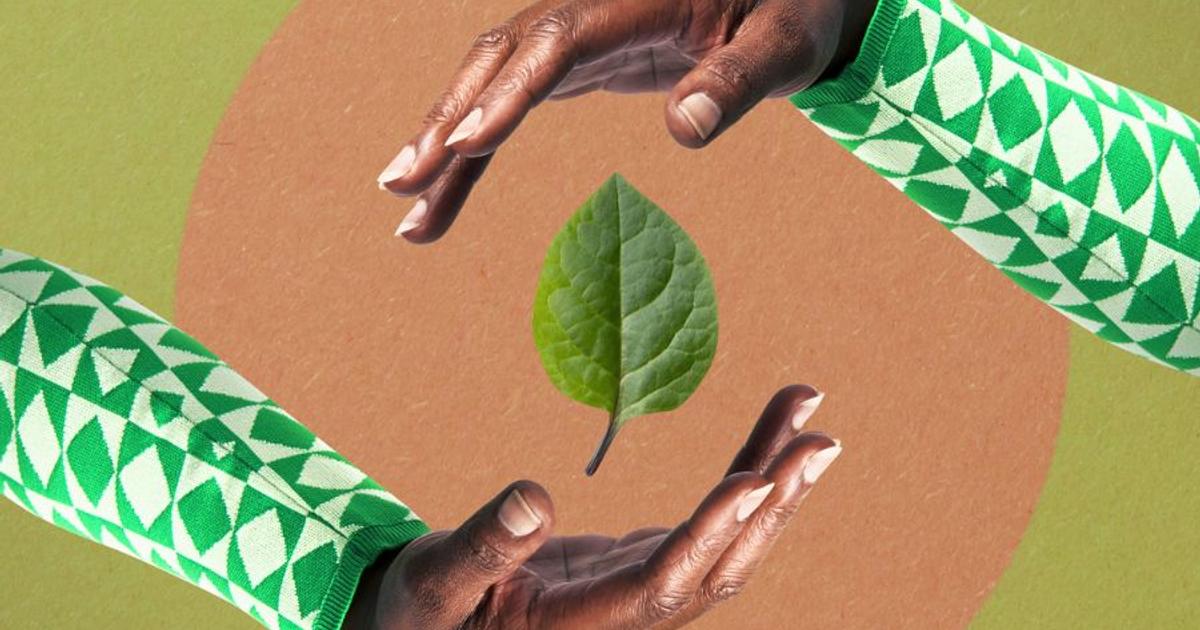Climate issues are a key concern with nearly 60% of consumers globally saying they experience eco-anxiety, according to Dentsu and Kantar’s latest Global Issues Barometer study. This, in turn, is driving increased consciousness and desire for action.
As the bridge between brands and consumers, the report says marketers have a unique opportunity to influence consumer behaviour, as well as driving customer-informed innovation.
However, the study found that marketing teams are often falling short on driving corporate sustainability goals and measuring progress. It suggests that systemic changes are needed in order for marketing teams to turn sustainability intentions into actions that make a real difference.

Key findings
- Only one in three (34%) marketing and insights teams are ‘executing against their sustainability plans and measuring progress’. This compares unfavourably to 46% in supply chain, and 51% in corporate strategy.
- There are two significant intention-action gaps: the consumer intention-action gap and the organisational intention-action gap, where marketers’ challenges are rooted.
- Marketing functions need a philosophical revamp and be given a mandate to drive innovation beyond short-term sales KPIs, to create growth that is good for society and the planet as well as business.
- Corporate sustainability transformation and sustainable consumption need to become the organising principle around which marketing functions.
- By making a change, brands will be able to drive the behaviour and lifestyle shifts required to achieve the 40%-70% reductions in greenhouse gas emissions that the sixth IPCC assessment report estimates as achievable.
Lessons for brands
To ensure the long-term sustainability of their business, marketers have to start acting in a responsible manner and understanding their place in this ecosystem and civic society the change that must take place.
Dominic Powers, chief growth officer for Asia Pacific at Dentsu, points out that some mass consumption brands like Nestle or Dole have already taken responsibility and are taking actions.
For example, in Indonesia, the way Nestle source their products like milk, packaging, is driven by the market itself, to ensure that they are minimising their emissions and waste footprint. Straws in Nestle products are also no longer plastic and are biodegradable.

“Organisations are making changes, but it cannot be down to just one organisation, one government, an agency. It must be systemic and a wholesale change of how we look at the function of driving consumers, which is ultimately what marketing has done,” Powers tell Campaign Asia-Pacific.
“That change now has to be away from consumerism at all cost to sustainable consumption. We need to do that through education for the human behind the consumer, that the choices they make will ultimately drive changes in the brands they work with.”
While it is necessary to call out brands that are greenwashing, Powers notes that ultimately their businesses are being driven by the choices of consumers. He says this why brands must make a wholesale societal change around education and making sure those changes take place.

He points to the example of Singapore, which last week announced its first ministerial post of chief sustainability officer to look at driving Singapore forward for the next 10 years as a country,
“When you have changes like that in government in a market [that is] so important for many of the brands that we work with, it sends a strong signal that Singapore innovates and brands have to come along for the ride,” explains Powers.
“We already know that it is highly unlikely that we are going to be able to hit the 2030 goals and be able to reduce [global warming] by the 1.5 degree target. It is looking highly unlikely. Now, it is about mitigation strategies to make the impact of that less severe.”

